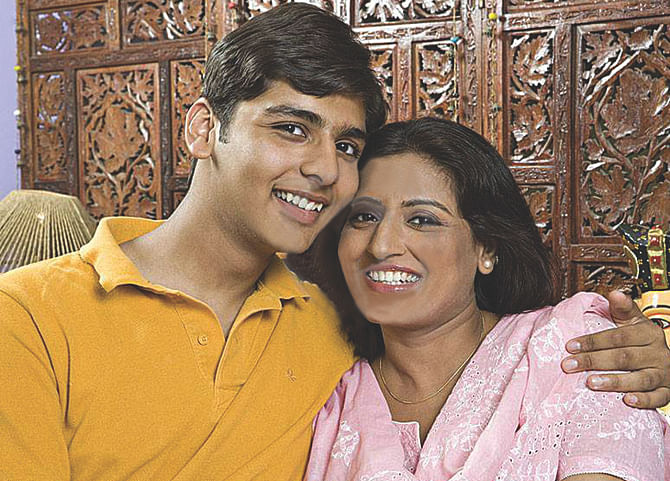Don’t be hooked up to dialysis machine anymore!

“I once thought I would live my entire life with kidney disease. That is until this Internationally Accredited hospital in Dhaka gave me a second chance. The day after surgery, I woke up for the first time all over again”. This is what Faruk Ahmed says, a 23 year old University Graduate, who was diagnosed with a chronic variety of kidney disease called glomerulonephritis, which is an inflammation of the kidney's filtering units (glomeruli). His condition gradually worsened to develop end stage kidney failure leading to loss of about 85 to 90 percent of kidney function; he ended up having dialysis twice a week for last three years.
Chronic kidney disease occurs when a disease or condition impairs kidney function, causing kidney damage to worsen over several months or years. Diseases and conditions that commonly cause chronic kidney disease include:
. Type 1 or Type 2 diabetes
. High blood pressure
. Glomerulonephritis Interstitial nephritis, an inflammation of the kidney's tubules and surrounding structures
. Polycystic kidney disease
. Prolonged obstruction of the urinary tract, from conditions such as enlarged prostate, kidney stones and some cancers
. Vesicoureteral reflux, a condition that causes urine to back up into the kidneys
. Recurrent kidney infection, also called pyelonephritis
Kidneys remove excess fluid and waste from blood. When kidneys lose their filtering ability, dangerous levels of fluid and waste accumulate in the body leading to a condition known as kidney failure. When an individual’s kidneys fail, two treatment options are available: dialysis or kidney transplantation. Although dialysis is a lifesaving procedure; for many, a successful kidney transplant provides a better quality of life because it allows for greater freedom, and is often associated with increased energy levels and a less restricted diet.
Kidney transplant is a surgical procedure which places a healthy kidney from a donor into a person whose kidneys no longer function properly. Only one donated kidney is needed to replace two failed kidneys, making living-donor kidney transplant possible. According to Bangladesh Law, a living donor can only be the recipient’s first blood relative i.e. mother, father, brother, sister, uncle (mama, chacha), aunty (khala, fupu) or spouse (on emotional ground).
Faruk’s elder sister Selina who was 35 years of age, shared same blood group with him; she was evaluated as a possible donor. “I knew very little about living donation, but I did know my brother Faruk’s blood type. I donated blood to find out my type; the results came back and I discovered that we were a blood type match. We started with our tissue typing and cross match tests. We were delighted to find out we were compatible! Next was the health screening for me; when all the results were in, the transplant committee of this Internationally Accredited Tertiary Care hospital of Dhaka approved me as a legal donor” says Selina.
After kidney transplant surgery, the change in Faruk was amazing. His color returned the next day, and he seemed so full of life, even through the pain of the surgery. Selina says, seeing how well Faruk feels after the transplant makes her wish she had another kidney to spare for someone else in need!

 For all latest news, follow The Daily Star's Google News channel.
For all latest news, follow The Daily Star's Google News channel. 



Comments